The life, crimes and death of Ilse Koch, nicknamed the Buchenwald Witch
In the past, an inconspicuous librarian, this Frau was included in the list of the most violent women in the world. She was called the "Buchenwald witch", "Buchenwald bitch" and "Frau Lampshade". So, meet the infamous Ilsa Koch, the wife of the commandant of one of the largest German concentration camps. A Nazi who made souvenirs out of human skin.
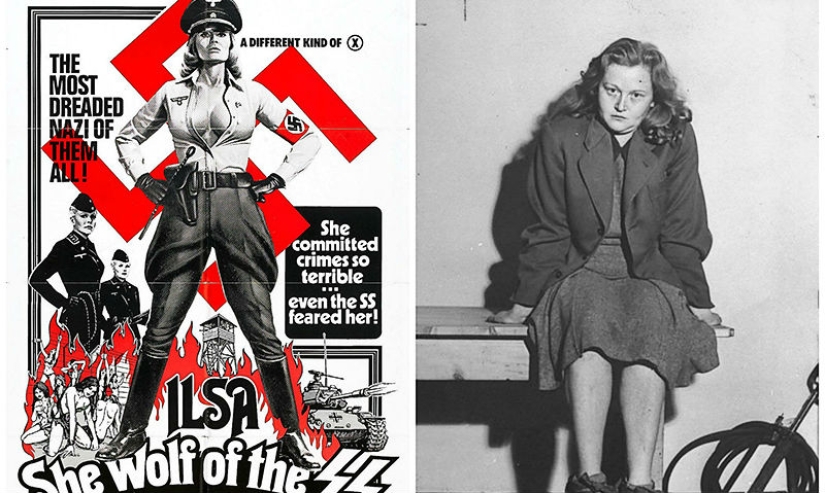
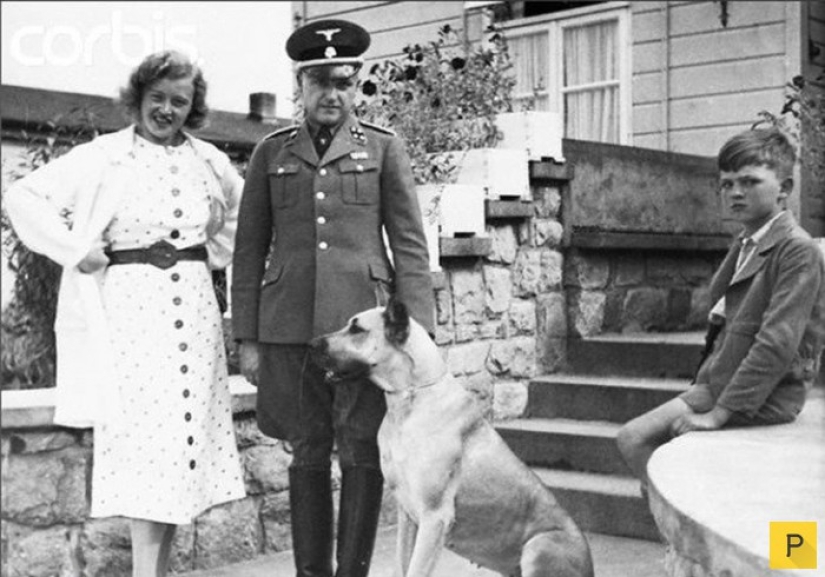
Ilsa Koehler was born in Dresden into a working-class family. At school, she was a diligent student and a very cheerful child. In her youth she worked as a librarian, loved and was loved, enjoyed success with the village guys, but always considered herself superior to others, clearly exaggerating her virtues. In 1932 she joined the NSDAP. In 1934, she met Karl Koch, whom she married two years later.
How did Ilsa turn from a quiet, inconspicuous librarian into a monster who kept the whole Buchenwald in fear? It's very simple: "like attracts like" - when her egoism combined with the ambitions of SS Karl Koch, Ilse's hidden perversity became apparent.
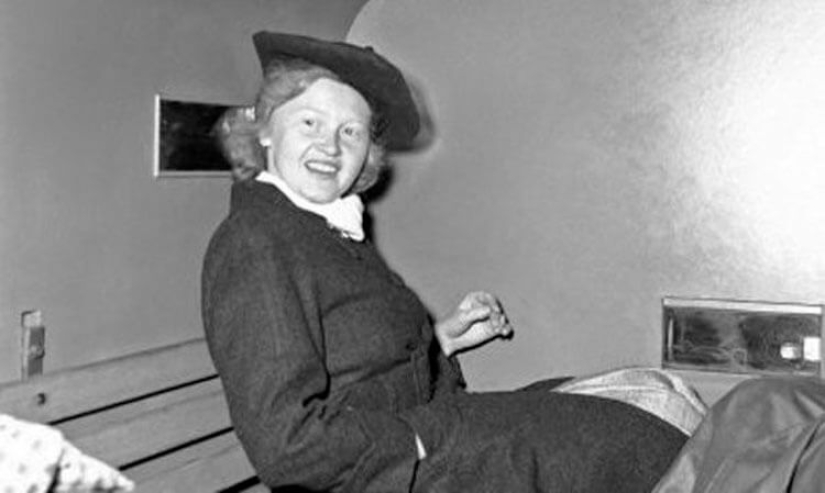
A few years later, Ilsa volunteered at the Sachsenhausen concentration camp, where her husband worked. Soon the prisoners began to fear her more than the commandant himself.
The prisoners said that she often walked with a whip in her hands and gave blows to everyone, and also set dogs on pregnant women or the elderly for entertainment.
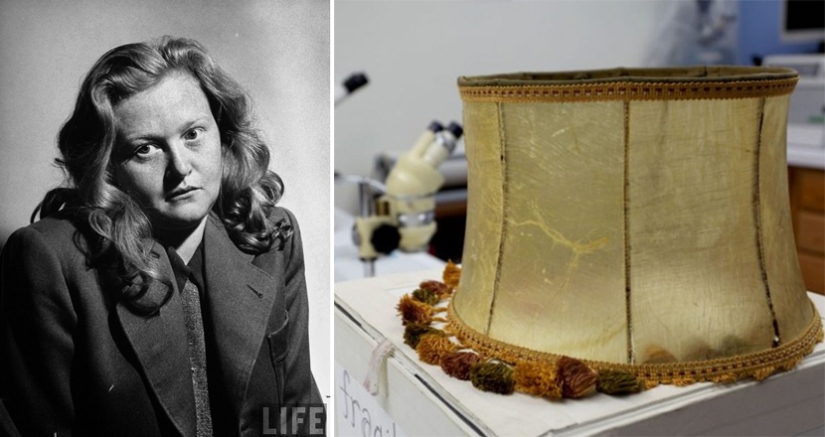
Ilsa got the creepy nickname "Frau Lampshade" for her love of other people's tattoos. Prisoners told that the sadist ordered to kill prisoners with tattoos, then to make various original crafts from their skin (in particular, lampshades, gloves, book bindings).
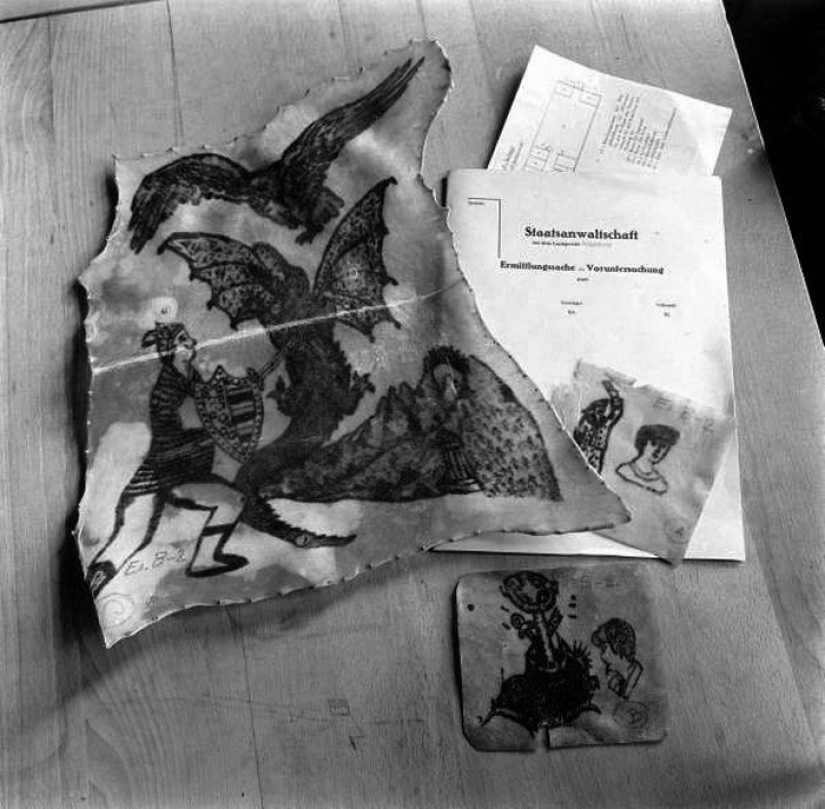
Ilsa called the skin of Gypsies and Russian prisoners of war the most suitable "material" for crafts, since they often had tattoos on their chest and back.
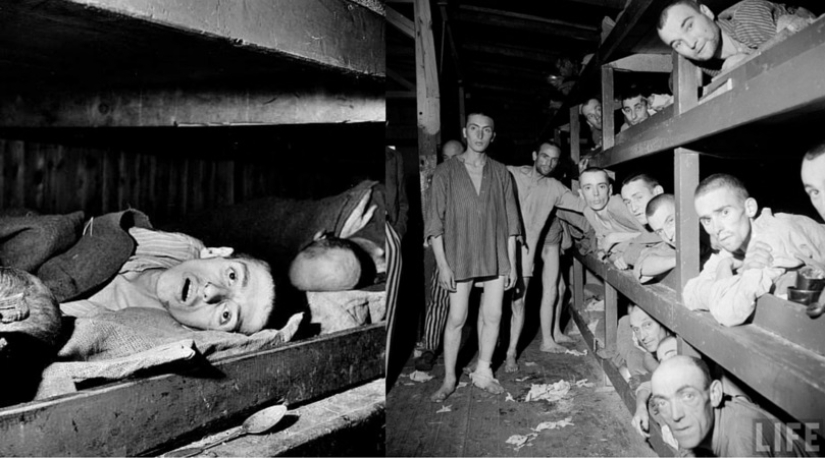
To avoid a fatal fate, prisoners often disfigured their tattoos or tried to get into the gas chamber, where they deteriorated.
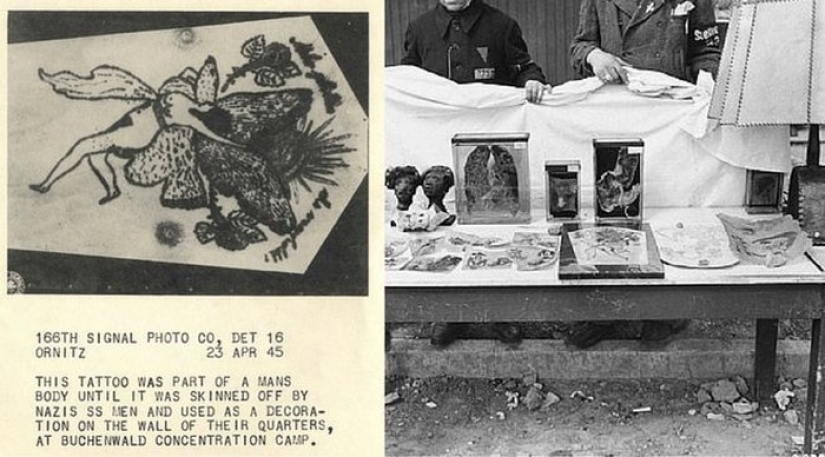
Ilsa Koch made all sorts of things from the skin she had torn off, even gloves and openwork underwear. A real collection of such things was kept in the house of the Koch family.
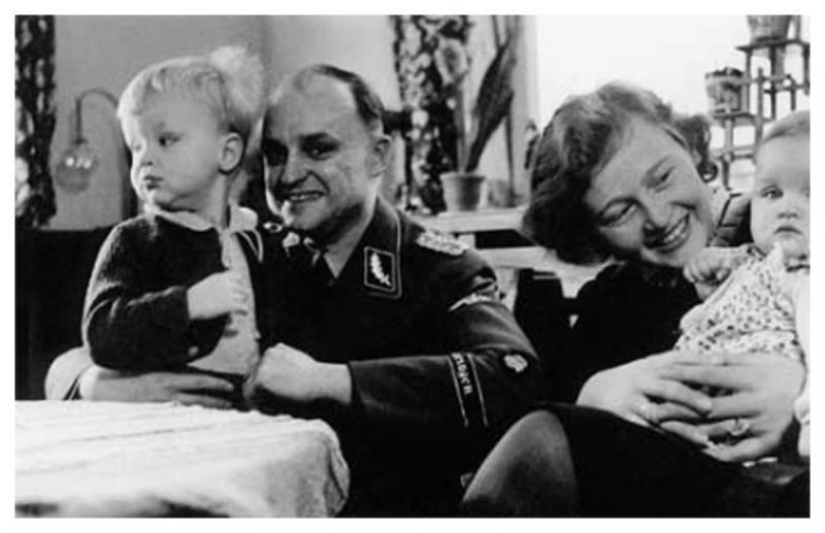
However, the Kochs paid for their atrocities long before the defeat of Hitler's army. At the end of 1942, the couple appeared before the Nazi court on charges of "excessive cruelty and moral corruption." The commandant of Buchenwald was accused of bribery, embezzlement of state property and the murder of Dr. Walter Kremer, who treated Koch for syphilis and could have told anyone about it. In connection with the charges, Karl was arrested and shot. His wife was also taken into custody, but soon she was cleared of all charges and released.
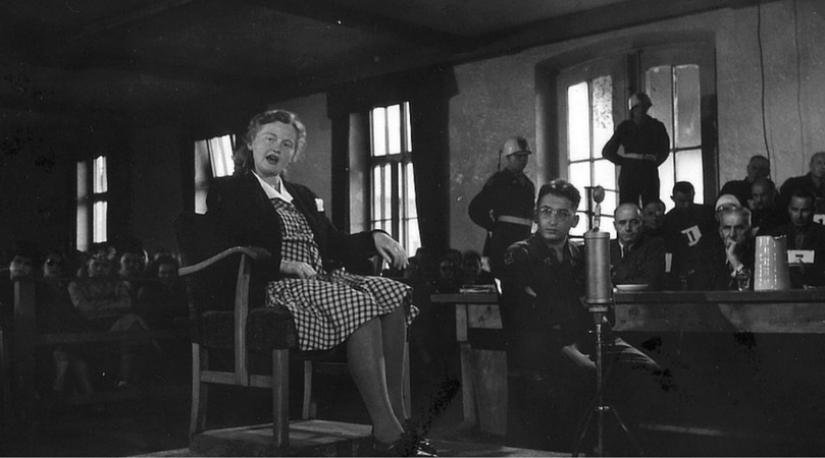
Koch was at large until 1947, when she was detained, but completely denied her own involvement in the brutal deaths in concentration camps.
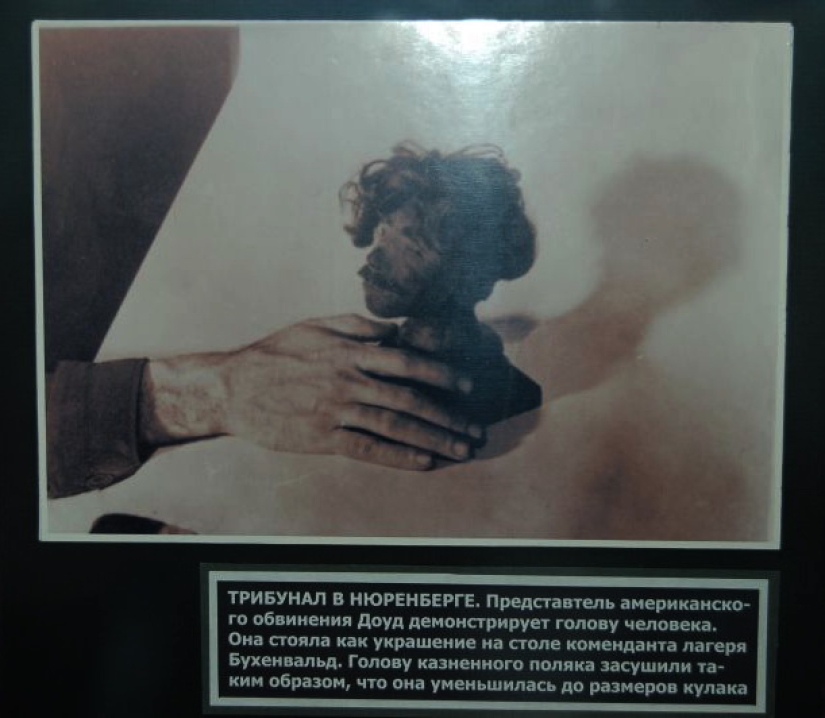
A collection of human skin samples with tattoos of Buchenwald prisoners and other physical evidence were presented at the meeting.
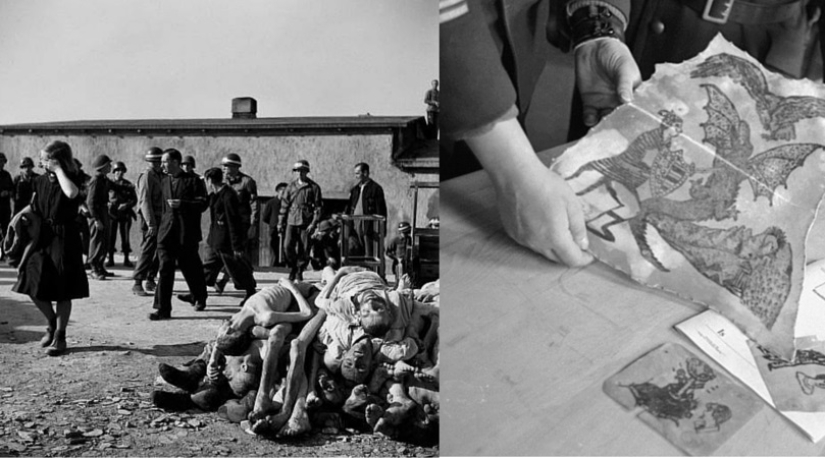
There were a lot of witnesses who claimed that the commandant's wife and her accomplice Dr. Kremer (yes, the one killed by Karl Koch) actually made crafts from human skin and bones. However, the prosecutors failed to gather sufficient evidence, so the "Buchenwald witch" was not sentenced to death: she was only put in prison.
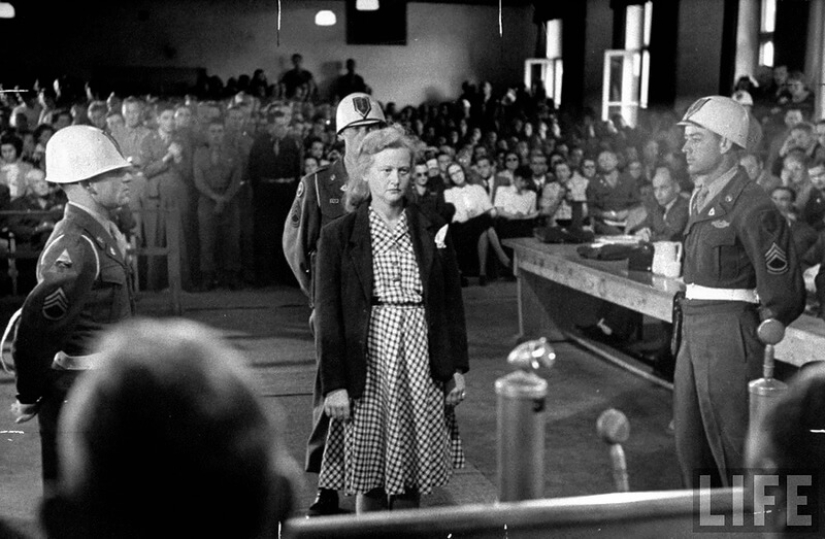
Amazingly, a few years later, the American General Lucius Clay, the military commander of the American occupation zone in Germany, released her, considering the charges of ordering the execution and making souvenirs from human skin insufficiently proven.
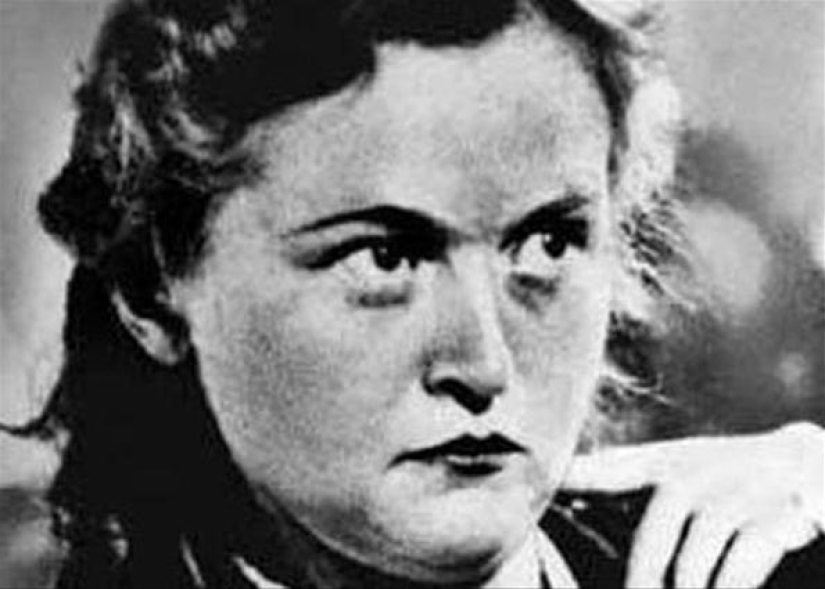
The appeals that the woman later filed were quickly rejected. In the end, Koch's path ended on September 1, 1967. The Buchenwald witch committed suicide by hanging herself in her own cell.

The image of Ilse Koch served as a prototype for the heroine of the film "Ilse, the SS Wolf" (1975), the first of a series of Nazi exploitation (erotic fantasies against the background of the Third Reich).
Keywords: World War II | Women | Cruelty | Concentration camp | Nazi Germany | Nazis
Post News ArticleRecent articles

It's high time to admit that this whole hipster idea has gone too far. The concept has become so popular that even restaurants have ...

There is a perception that people only use 10% of their brain potential. But the heroes of our review, apparently, found a way to ...
Related articles

Tired after a hard day at work? Suffer from autumn depression? Don't know how to entertain yourself in your free time? This ...

Motherhood significantly changes a woman's body. But there are more profound changes affecting the nature and Outlook. Reflected in ...

American artist Lee Price is sure that eating is a completely natural process, but many are ashamed of their attitude to food, ...

New Year's is a time to surprise and delight loved ones not only with gifts but also with a unique presentation of the holiday ...